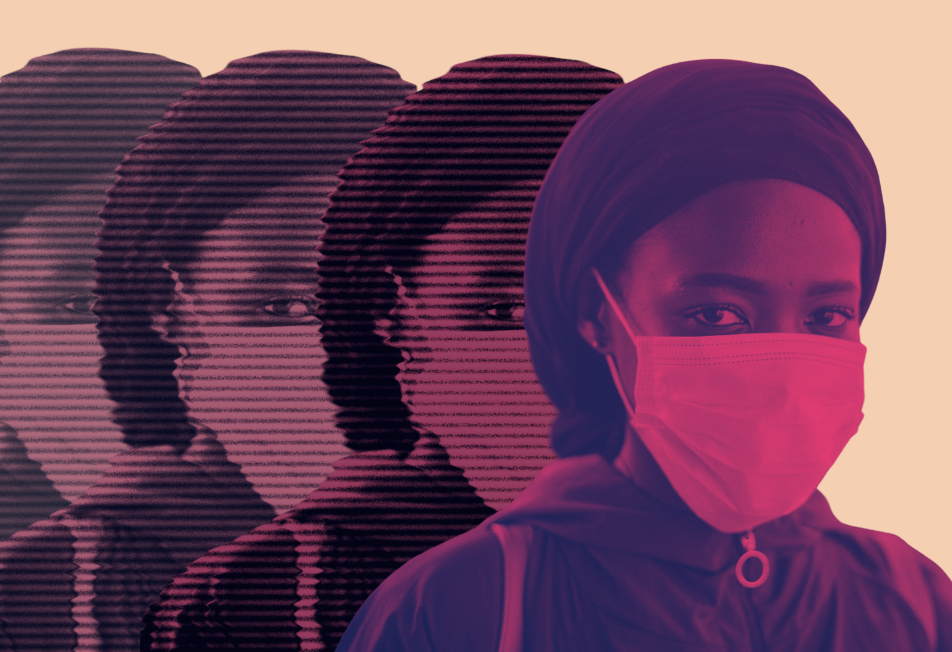18.2 million high-risk COVID-19 individuals underinsured in US

PHOTO COURTESY: REETHA FERGUSON/PEXELS/EDITED BY WE REP STEM.
Even before the pandemic caused millions of Americans to lose their jobs and health insurance, 18.2 million people at an increased risk of severe COVID-19 complications were either uninsured or underinsured, according to a study published by researchers at Harvard Medical School and CUNY’s Hunter College in the Journal of General Internal Medicine.
Those at the highest medical and financial risk were white, but racial minorities were over-represented in the findings, the authors say.
For their paper, researchers analyzed the 2018 Behavioral Risk Factor Surveillance System (BRFSS), a survey of the noninstitutionalized population conducted by the Centers for Disease Control (CDC).
Based on CDC guidance, researchers identified “COVID-19-increased risk” people, defined as:
The demographics were categorized as follows:
By race, identified as:
By income, with individuals who earned less than $15K per annum, upwards to more than $50K per annum.
By location, with urban and rural residences taken into account, as well as whether or not the states the participants lived in fall under Medicaid expansion. The authors also noted whether or not COVID-19 stay-at-home orders were in place.
Researchers found Black and Native American individuals were significantly more likely to be at high risk of suffering from a severe case of COVID-19 and were more likely to lack adequate health care coverage.
According to the paper, when compared to high-risk whites:
People of all races who lived in states that did not expand Medicaid were more likely to be high-risk and were 52 per cent more likely to have inadequate coverage when compared to states that accepted Medicaid expansion.
“The pandemic is laying bare the lethal inequality of American society and American health care,” lead author Dr. Adam Gaffney, a pulmonary and critical care physician at the Cambridge Health Alliance and Harvard Medical School, said in a statement.
“Our ICU has been flooded with poor and minority patients; having COVID-19 is scary enough without worrying that you’ll be bankrupted by medical bills.”
This isn’t the first report outlining racial inequities around COVID-19.
In April, UN independent human rights experts called on governments to commit to racial equity and equality in their response to the COVID-19 pandemic. The call-to-action comes amid reports that African Americans are significantly more likely to die from COVID-19.
And in May, it was widely reported the Navajo Nation, which covers parts of Arizona, New Mexico, and Utah, had surpassed New York and New Jersey for the highest per-capita COVID-19 cases in the US.
As of June 14, there are 6,611 confirmed cases in the Navajo Nation. The territory has a population of 173,667 people, according to the 2010 census.
More than 300 people within the territory have died from COVID-19 so far.
